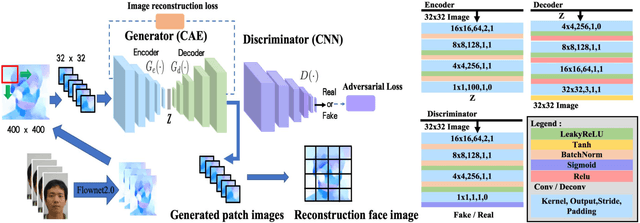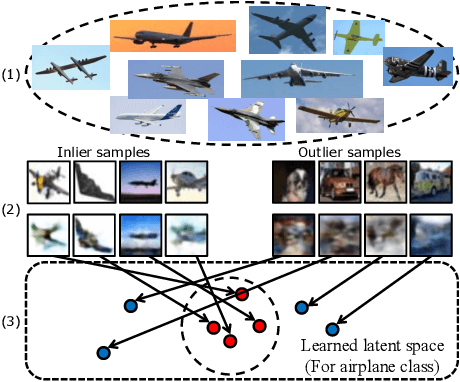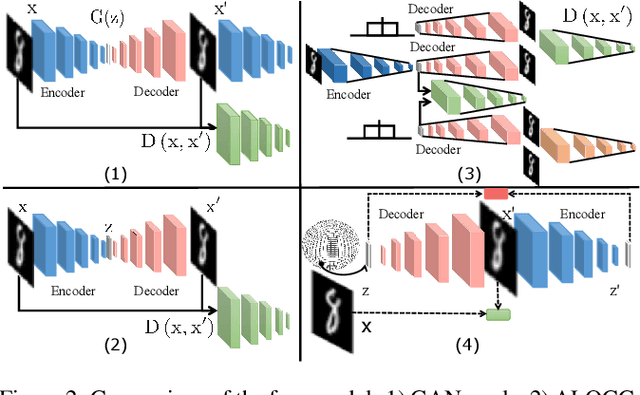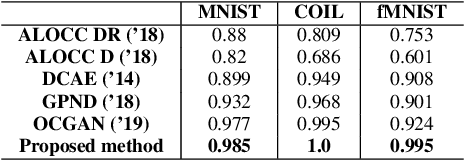Wang Yuan
Don't Forget What I did?: Assessing Client Contributions in Federated Learning
Mar 11, 2024



Abstract:Federated Learning (FL) is a collaborative machine learning (ML) approach, where multiple clients participate in training an ML model without exposing the private data. Fair and accurate assessment of client contributions is an important problem in FL to facilitate incentive allocation and encouraging diverse clients to participate in a unified model training. Existing methods for assessing client contribution adopts co-operative game-theoretic concepts, such as Shapley values, but under simplified assumptions. In this paper, we propose a history-aware game-theoretic framework, called FLContrib, to assess client contributions when a subset of (potentially non-i.i.d.) clients participate in each epoch of FL training. By exploiting the FL training process and linearity of Shapley value, we develop FLContrib that yields a historical timeline of client contributions as FL training progresses over epochs. Additionally, to assess client contribution under limited computational budget, we propose a scheduling procedure that considers a two-sided fairness criteria to perform expensive Shapley value computation only in a subset of training epochs. In experiments, we demonstrate a controlled trade-off between the correctness and efficiency of client contributions assessed via FLContrib. To demonstrate the benefits of history-aware client contributions, we apply FLContrib to detect dishonest clients conducting data poisoning in FL training.
Spoof Face Detection Via Semi-Supervised Adversarial Training
May 22, 2020



Abstract:Face spoofing causes severe security threats in face recognition systems. Previous anti-spoofing works focused on supervised techniques, typically with either binary or auxiliary supervision. Most of them suffer from limited robustness and generalization, especially in the cross-dataset setting. In this paper, we propose a semi-supervised adversarial learning framework for spoof face detection, which largely relaxes the supervision condition. To capture the underlying structure of live faces data in latent representation space, we propose to train the live face data only, with a convolutional Encoder-Decoder network acting as a Generator. Meanwhile, we add a second convolutional network serving as a Discriminator. The generator and discriminator are trained by competing with each other while collaborating to understand the underlying concept in the normal class(live faces). Since the spoof face detection is video based (i.e., temporal information), we intuitively take the optical flow maps converted from consecutive video frames as input. Our approach is free of the spoof faces, thus being robust and general to different types of spoof, even unknown spoof. Extensive experiments on intra- and cross-dataset tests show that our semi-supervised method achieves better or comparable results to state-of-the-art supervised techniques.
Novelty Detection via Non-Adversarial Generative Network
Feb 03, 2020



Abstract:One-class novelty detection is the process of determining if a query example differs from the training examples (the target class). Most of previous strategies attempt to learn the real characteristics of target sample by using generative adversarial networks (GANs) methods. However, the training process of GANs remains challenging, suffering from instability issues such as mode collapse and vanishing gradients. In this paper, by adopting non-adversarial generative networks, a novel decoder-encoder framework is proposed for novelty detection task, insteading of classical encoder-decoder style. Under the non-adversarial framework, both latent space and image reconstruction space are jointly optimized, leading to a more stable training process with super fast convergence and lower training losses. During inference, inspired by cycleGAN, we design a new testing scheme to conduct image reconstruction, which is the reverse way of training sequence. Experiments show that our model has the clear superiority over cutting-edge novelty detectors and achieves the state-of-the-art results on the datasets.
 Add to Chrome
Add to Chrome Add to Firefox
Add to Firefox Add to Edge
Add to Edge